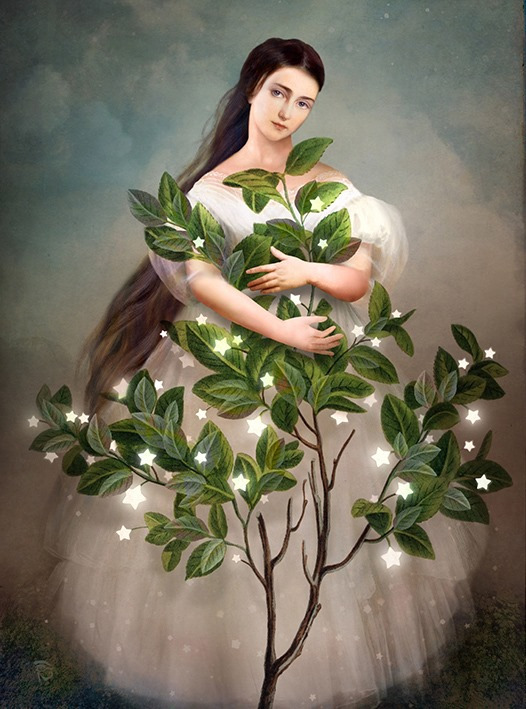 John Keats (1795-1821) was an English poet who, along with Lord Byron and Percy Bysshe Shelley. was an important part of the second generation of Romantic poets. Keats’ poems were received indifferently during his lifetime, but his fame grew rapidly after his early death of tuberculosis at the age of 25. Typical of the Romantics, he accentuated extreme emotion through natural imagery. Conservative reviewers of the day attacked his work as mawkish and bad-mannered. Today his poems and letters are among the most popular and analyzed in English literature, in particular Ode to a Nightingale, Ode on a Grecian Urn, Sleep and Poetry, and the sonnet On First Looking into Chapman’s Homer.
John Keats (1795-1821) was an English poet who, along with Lord Byron and Percy Bysshe Shelley. was an important part of the second generation of Romantic poets. Keats’ poems were received indifferently during his lifetime, but his fame grew rapidly after his early death of tuberculosis at the age of 25. Typical of the Romantics, he accentuated extreme emotion through natural imagery. Conservative reviewers of the day attacked his work as mawkish and bad-mannered. Today his poems and letters are among the most popular and analyzed in English literature, in particular Ode to a Nightingale, Ode on a Grecian Urn, Sleep and Poetry, and the sonnet On First Looking into Chapman’s Homer.
I cry your mercy—pity—love! Aye, love!
I cry your mercy—pity—love! Aye, love!
Merciful love that tantalizes not,
One-thoughted, never-wandering, guileless love,
Unmasked, and being seen—without a blot!
O! let me have thee whole,—all—all—be mine!
That shape, that fairness, that sweet minor zest
Of love, your kiss,—those hands, those eyes divine,
That warm, white, lucent, million-pleasured breast,—
Yourself—your soul—in pity give me all,
Withhold no atom’s atom or I die,
Or living on perhaps, your wretched thrall,
Forget, in the mist of idle misery,
Life’s purposes,—the palate of my mind
Losing its gust, and my ambition blind!
To –
Had I a man’s fair form, then might my sighs
Be echoed swiftly through that ivory shell
Thine ear, and find thy gentle heart; so well
Would passion arm me for the enterprise;
But ah! I am no knight whose foeman dies;
No cuirass glistens on my bosom’s swell;
I am no happy shepherd of the dell
Whose lips have trembled with a maiden’s eyes.
Yet must I dote upon thee—call thee sweet,
Sweeter by far than Hybla’s honied roses
When steep’d in dew rich to intoxication.
Ah! I will taste that dew, for me ‘tis meet,
And when the moon her pallid face discloses,
I’ll gather some by spells, and incantation.
To Fanny
(an excerpt)
Physician Nature! let my spirit blood!
Ah! dearest love, sweet home of all my fears
And hopes and joys and panting miseries,—
To-night, if I may guess, thy beauty wears
A smile of such delight,
As brilliant and as bright,
As when with ravished, aching, vassal eyes,
Lost in a soft amaze,
I gaze, I gaze!
Who now, with greedy looks, eats up my feast?
What stare outfaces now my silver moon!
Ah! keep that hand unravished at the least;
Let, let the amorous burn—
But, prithee, do not turn
The current of your heart from me so soon:
O save, in charity,
The quickest pulse for me.
Save it for me, sweet love! though music breathe
Voluptuous visions into the warm air,
Though swimming through the dance’s dangerous wreath,
Be like an April day,
Smiling and cold and gay,
A temperate lily, temperate as fair;
Then, heaven! there will be
A warmer June for me.
